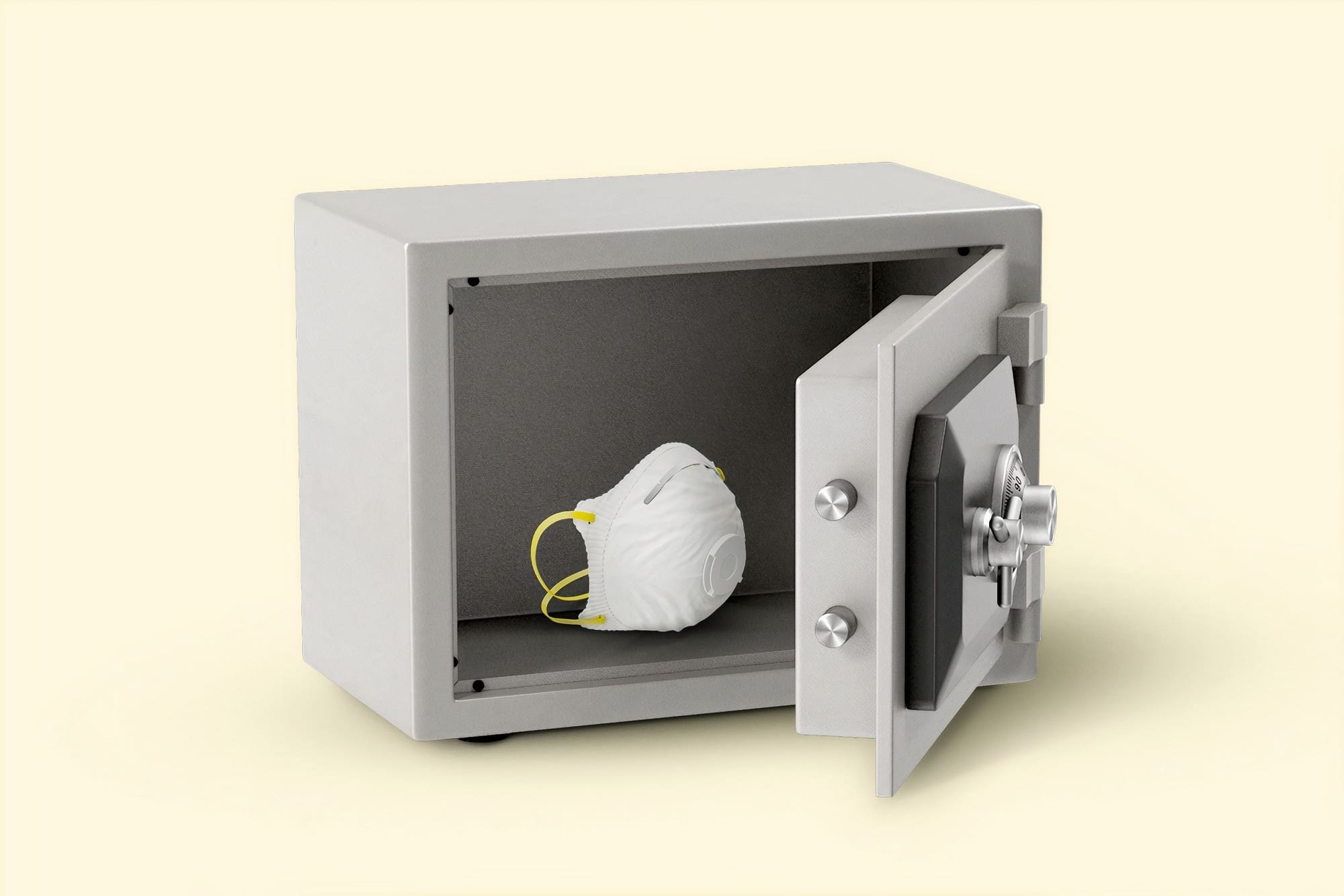SAFE SERVICE -OPEN - CHANGE COMBINATION

Safe service-open-change combination How to Choose A Safe
The use of home safes has increasingly become popular over the last few years. People seek safe service-open-change combination for many reasons. You can use your home safe to protect your cash, valuables, and documents. A home safe deters thieves and satisfies insurance requirements. It also protects against fire or flood damage.
With so many models available in the market in terms of size, model, and security ratings, it can be quite challenging to find the right safe for your home or office. But it’s critical to find the right safe as you will be keeping vital things inside. So here are things you need to consider when choosing a safe.
- What are you going to keep in your safe?
The things you intend to keep in the safe will determine if you need a fire-rated safe or just a secure container. If you are going to use the safe to hold your cash, jewelry, or car keys, then you definitely need a secure container.
You should also consider the quantities of the valuables you want to put inside the safe. This will help you get the right size of safe. If you intend to store many items, then it’s important to get a bigger safe. Having a bigger safe size is the best option as it can serve you well even if you need a bigger space in the feature. Having a smaller safe will make it overcrowded inside, and you may find it hard to get the item you want.
- Where are you going to install the safe?
There’s no specific place to install a safe. You can choose to install it on the floor or the walls. The next question is whether the surface you want to install the surface onto is solid. Again, there is no rule here. However, it’s usually recommended to mount a safe onto a concrete floor. Some of the things you should consider when choosing a place to install the safe include:
- The items you are storing in the safe
- The size of the safe
- The weight of the safe as heavy safes need to installed on the ground floor
- How often you will need to access the contents.
- How much do you want to spend on your safe?
Safes vary in prices. You can find a safe from as low as $150, while others retail at $800. But remember to invest in a good safe to protect your valuable items. Your budget on a safe depends on various factors, such as:
- The items you are storing inside the safe
- Whether the safe is for your office or home
- The valuables or cash limit for insurance purposes
- The size of the safe
- Whether it should be flood or fireproof
Of course, you get what you pay for, and increased security levels usually mean higher prices. A cheap safe will never be as secure as expensive and more advanced models.
- Which is the best type of safe for you- key locking or electronic?
When it comes to a safe locking mechanism, there are plenty of options. These options include:
- Key locking
- Electronic keypads
- Biometric
- Mechanical combinations
All these methods have their own pros and cons. Although key locking and mechanical combinations safes are a bit cheap, electric and biometric locks provide improved security. Even though they cost more, they are worth your money. Another disadvantage of a key locking mechanism is key management. It’s associated with some risks, especially if you lose the key or if it gets stolen. So generally, it’s recommended to buy a safe with an electronic or biometric locking mechanism.
- Who is going to gain access to your safe?
Although it may sound like a strange question, it’s good to know in advance who will have the right to open your safe. The person who will have access to your safe can determine the kind of locking mechanism you use. For instance, if the operator is a granny who is over 80 years, the best option would be a digital combo lock. In business premises, a combination of key and combo is usually the most used locking mechanism. The staff may use a key to gain access to the safe daytime, and when the day is over the owner or manager may switch off to the combination, successfully locking out the use of the key so that no one else can have access to the safe except the boss.
- What additional features should you look for?
All safes are different, and there are various features and functionality you need to look for. These include:
- Fire resistance [to protect your valuables from fire damage]
- Water-resistance [to keep your contents dry in case of floods]
- Emergency keys [which are essential, especially when you forget your code]
- Dual locking
- Internal lights- to help you see inside the safe
- Drawers and pockets